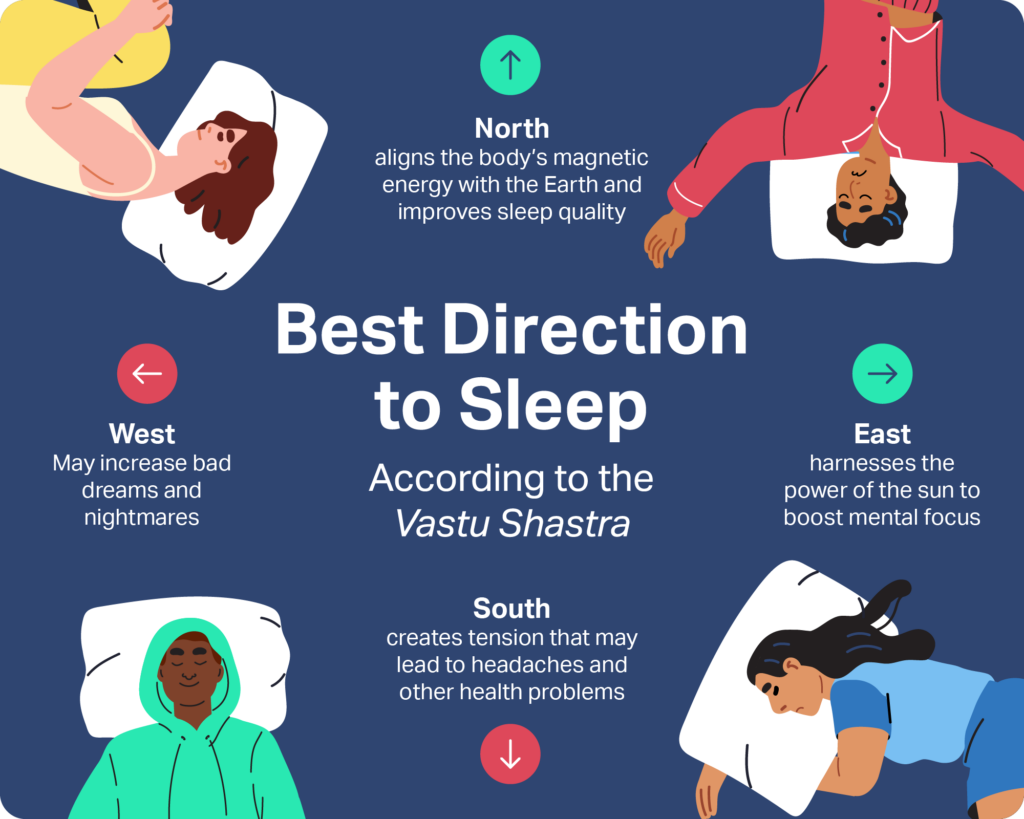Introduction:
Sleeping problems affect millions of people worldwide, disrupting their lives and impacting their overall well-being. From insomnia to sleep apnea, these issues can manifest in various forms, leading to daytime fatigue, irritability, and even serious health complications. In this comprehensive guide, we’ll delve into the different types of sleeping problems, their causes, and effective strategies to overcome them, empowering you to reclaim restful nights and rejuvenating sleep.
Types of Sleeping Problems:
Insomnia:
Insomnia is characterized by difficulty falling asleep or staying asleep, despite having the opportunity to do so.
Causes can range from stress and anxiety to medical conditions and lifestyle factors.
Strategies for managing insomnia include establishing a consistent sleep schedule, creating a relaxing bedtime routine, and limiting caffeine and electronic devices before bed.
Sleep Apnea:
Sleep apnea is a potentially serious disorder where breathing repeatedly stops and starts during sleep.
Common symptoms include loud snoring, gasping for air during sleep, and excessive daytime sleepiness.
Treatment options for sleep apnea include continuous positive airway pressure (CPAP) therapy, lifestyle changes, and in some cases, surgery.
Restless Leg Syndrome (RLS):
RLS is a neurological disorder characterized by an irresistible urge to move the legs, often accompanied by uncomfortable sensations.
Symptoms typically worsen at night, leading to difficulty falling asleep.
Management of RLS involves lifestyle changes, medications, and relaxation techniques to alleviate symptoms and improve sleep quality.
Narcolepsy:
Narcolepsy is a chronic sleep disorder characterized by overwhelming daytime drowsiness and sudden sleep attacks.
Other symptoms may include cataplexy (sudden loss of muscle tone), sleep paralysis, and hallucinations.
Treatment for narcolepsy focuses on managing symptoms with medications and lifestyle adjustments, including scheduled naps and maintaining a healthy sleep routine.
Circadian Rhythm Disorders:
Circadian rhythm disorders involve disruptions to the body’s internal clock, leading to difficulties regulating sleep-wake cycles.
Common types include delayed sleep phase disorder, advanced sleep phase disorder, and shift work sleep disorder.
Strategies for managing circadian rhythm disorders include exposure to natural light, establishing consistent sleep schedules, and avoiding stimulants close to bedtime.
Causes of Sleeping Problems
Psychological Factors:
Stress, anxiety, depression, and other mental health conditions can significantly impact sleep quality and duration.
Addressing underlying psychological issues through therapy, relaxation techniques, and stress management can help alleviate sleeping problems.
Medical Conditions:
Certain medical conditions such as chronic pain, asthma, and gastrointestinal disorders can disrupt sleep patterns.
Managing underlying health conditions with appropriate treatment and lifestyle modifications can improve sleep quality.
Lifestyle Factors:
Poor sleep hygiene, irregular sleep schedules, excessive caffeine or alcohol consumption, and electronic device use before bedtime can all contribute to sleeping problems.
Adopting healthy sleep habits, such as maintaining a consistent sleep schedule and creating a relaxing bedtime routine, can promote better sleep.
Effective Strategies for Overcoming Sleeping Problems
Establish a Consistent Sleep Schedule:
Go to bed and wake up at the same time every day, even on weekends, to regulate your body’s internal clock.
Create a Relaxing Bedtime Routine:
Engage in calming activities before bed, such as reading, listening to soothing music, or practicing relaxation techniques like deep breathing or meditation.
Create a Comfortable Sleep Environment:
Ensure your bedroom is conducive to sleep by keeping it dark, quiet, and cool, and investing in a comfortable mattress and pillows.
Limit Stimulants and Electronic Devices:
Avoid caffeine, nicotine, and heavy meals close to bedtime, and reduce screen time on electronic devices, as the blue light emitted can interfere with sleep.
Practice Stress Management Techniques:
Manage stress through techniques such as mindfulness, yoga, or journaling to promote relaxation and improve sleep quality.
Seek Professional Help:
If sleeping problems persist despite trying self-help strategies, consult a healthcare professional for a comprehensive evaluation and personalized treatment plan.
Conclusion:
Sleeping problems can have a significant impact on overall health and well-being, but they are not insurmountable. By understanding the different types of sleeping problems, their causes, and effective strategies for overcoming them, you can take proactive steps to improve your sleep quality and reclaim restful nights. Whether through lifestyle modifications, relaxation techniques, or medical interventions, prioritizing sleep is essential for maintaining optimal health and vitality.




